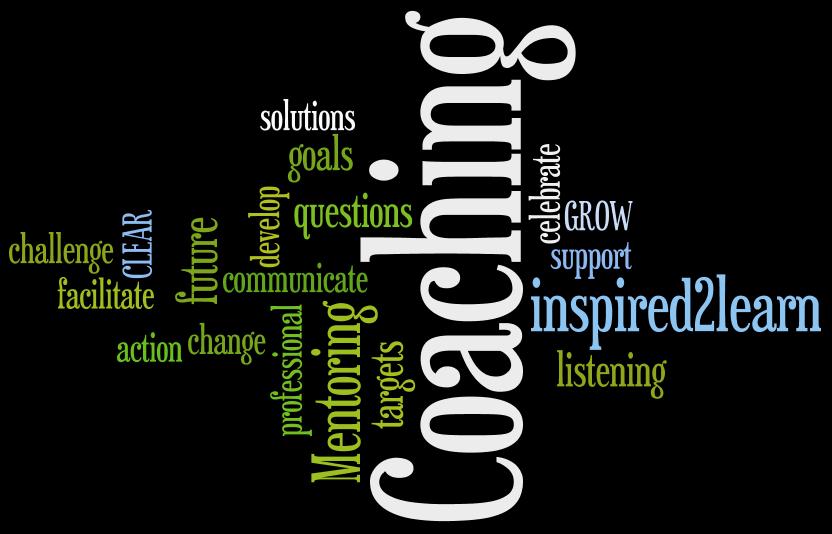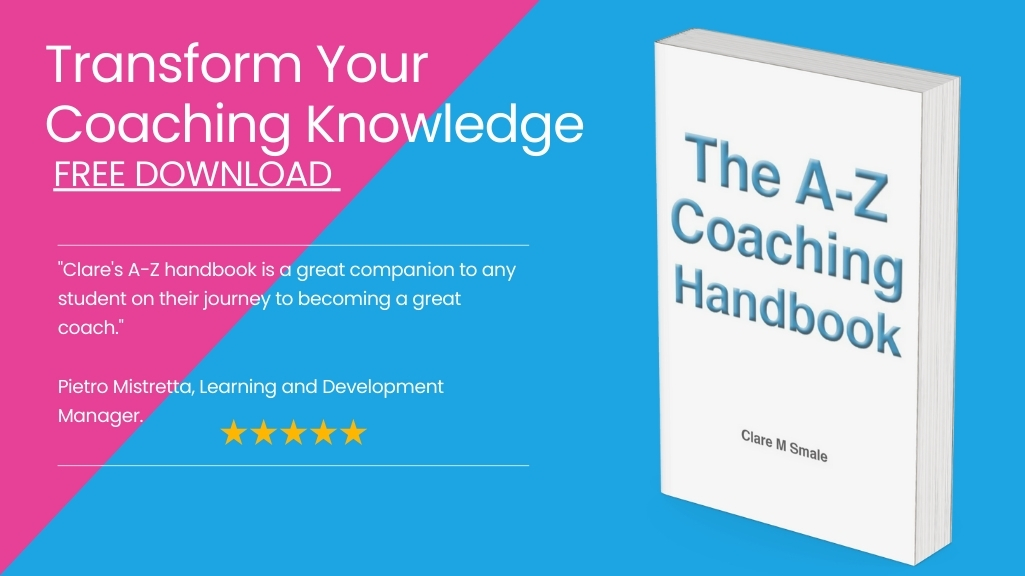In the last few days I have been assessing a reflective coaching diary for an ILM level 5 coaching qualification. During the coaching process required for ILM qualifications, candidates are required to reflect on the development of their coaching skills, including their ability to listen. It was a timely reminder for me that the most commonly taught skill of active listening, can be improved upon in coaching by engaging more with ‘deep listening’ practices.
A few years ago I heard Michael Neil speak on this subject (The author of Super Coach and The Inside Out Revolution amongst other titles). He described listening styles in four ways:
· Fix – the listener is composing solutions or re-living past events where they found solutions, in order to share these at the right moment
· Agree – the listener is nodding, sympathising, empathising and waiting for their moment to verbally agree with the speaker
· Argue – this listener is preparing a counter-argument and waiting for the gap in which to present it
· Understand – this listener is composing questions whilst they listen, in order to find out more
This made sense to me at the time, and when Michael proposed that great coaches should do none of these but instead ‘listen like a rock with ears’ (deep listening), that was quite a revelation for me. This fifth approach and one which coaches are encouraged to adopt, requires the listener to be still and observe rather absorb words, interpret, examine and think.
Here is another way of describing listening styles:
· Cosmetic – not really engaged, but pretending to listen, attention is wandering
· Conversational – listening, thinking and talking
· Active – very focussed on what you are saying, paying attention, taking notes
· Deep – sensing, still, wider awareness of energy and intuition
Deep listening is a skill that comes with confidence to ‘let go’ of the active coaching conversation. Most people who think they are listening deeply, are actually highly focussed on the conversation and the words that are being said (active listening). This is what most people get taught at beginner level coaching. Deep listening requires you to begin to let go of the actual words and instead involves paying extra attention to how the words are said. This includes energy, body language, your intuition, your own internal responses, noticing limiting beliefs, deletions, distortions, embedded purpose or values and more.
Complex training around language patterns and structures is useful at an advanced level in order to listen ‘deeply’, but I think anyone can listen deeply just be relaxing, engaging peripheral vision, creating a state of parasympathetic nervous arousal, and letting go of focussed note taking and cognitive thinking. Deep listening involved being able to notice your gut, heart or other physiological reactions that are taking place, depending on how you experience intuition and connection. Letting go of the GROW model, processes, tools and techniques takes confidence and trust in yourself that you will know what to say and do at the right time in the coaching for the right reasons. As your coaching hours build up, you should find that you are able to tune in differently and notice this happening.
In the ILM coaching diary template that I have prepared, there is specific space allocated for reflection on listening skills, encouraging candidates on qualification programmes to use the active / deep listening principles for high quality reflection and development.
If you coach, remember to book supervision sessions with your peers, tutor or supervisor – perhaps this could be a supervision topic?





